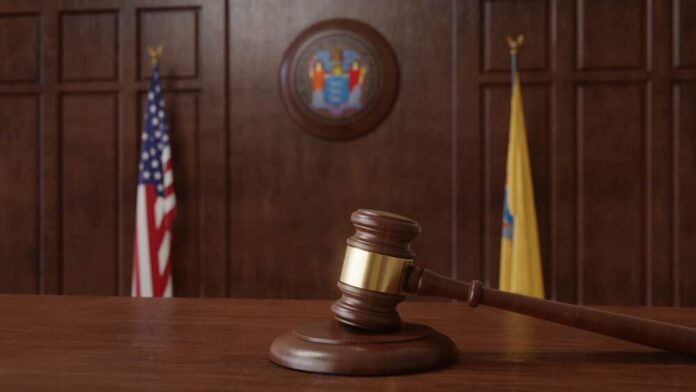In a legal maneuver that has added a burst of intrigue to the ongoing Sean O’Donovan bribery trial, the Massachusetts attorney has petitioned a federal judge to halt prosecutors’ relentless pursuit of an entrapment defense strategy. The trial, which centers on allegations that O’Donovan orchestrated a bribery scheme to advance a client’s cannabis business, is now marked by a perplexing debate over the appropriate legal course. O’Donovan’s legal team contends that the court should determine the necessity of an entrapment instruction based on the trial’s unfolding evidence, rather than committing to this strategy prematurely.
Sean O’Donovan Bribery Trial : O’Donovan Fights Back
In a bold move, Sean O’Donovan voiced his objections on Thursday, asserting that, should the government wish to present evidence of his “alleged predisposition,” it must first establish a strong case of inducement, laying the foundation for a potential entrapment defense. O’Donovan passionately argued, “To permit the government to introduce otherwise inadmissible evidence of Mr. O’Donovan’s purported predisposition would result in a windfall for the government (and an unfair disadvantage for the defense) in the event the court later determines that an entrapment instruction is not supported.”
The Prosecution’s Allegations
The prosecution’s case centers on O’Donovan’s alleged payment to a relative of the Medford, Massachusetts, police chief to gain an advantage for his client, Theory Wellness, as it sought one of the city’s coveted retail licenses for a cannabis shop. However, the defense contends that the government’s use of an undercover operation to entice O’Donovan into making these payments crossed a critical legal line, placing the alleged scheme outside the boundaries of honest services fraud cases, as previously outlined by the Supreme Court in Skilling v. United States.
Questioning the Core Allegations
O’Donovan’s response highlighted the government’s failure to establish criminal liability for the initial proposal to “speak with the chief” regarding his client’s license application, dismissing it as an “incorrect assumption.” He argued that the suggestion of “arguable criminal conduct” only arose when Michael Buckley, the Medford police chief’s brother, introduced it, seemingly acting under the guidance of the FBI. Buckley informed O’Donovan that the chief would alter the ranking based on a payment offered to another individual, thus entangling O’Donovan in a situation of improper inducement.
Sean O’Donovan Bribery Trial : Debate Over Legal Precedents
O’Donovan also challenged the government’s reliance on United States v. Tucker, which denied the due process defense of outrageous government conduct, despite a defendant’s purported predisposition. While Tucker sets a precedent, O’Donovan contended that in the First Circuit, the law is “clear” that outrageous conduct could still be a valid defense.



